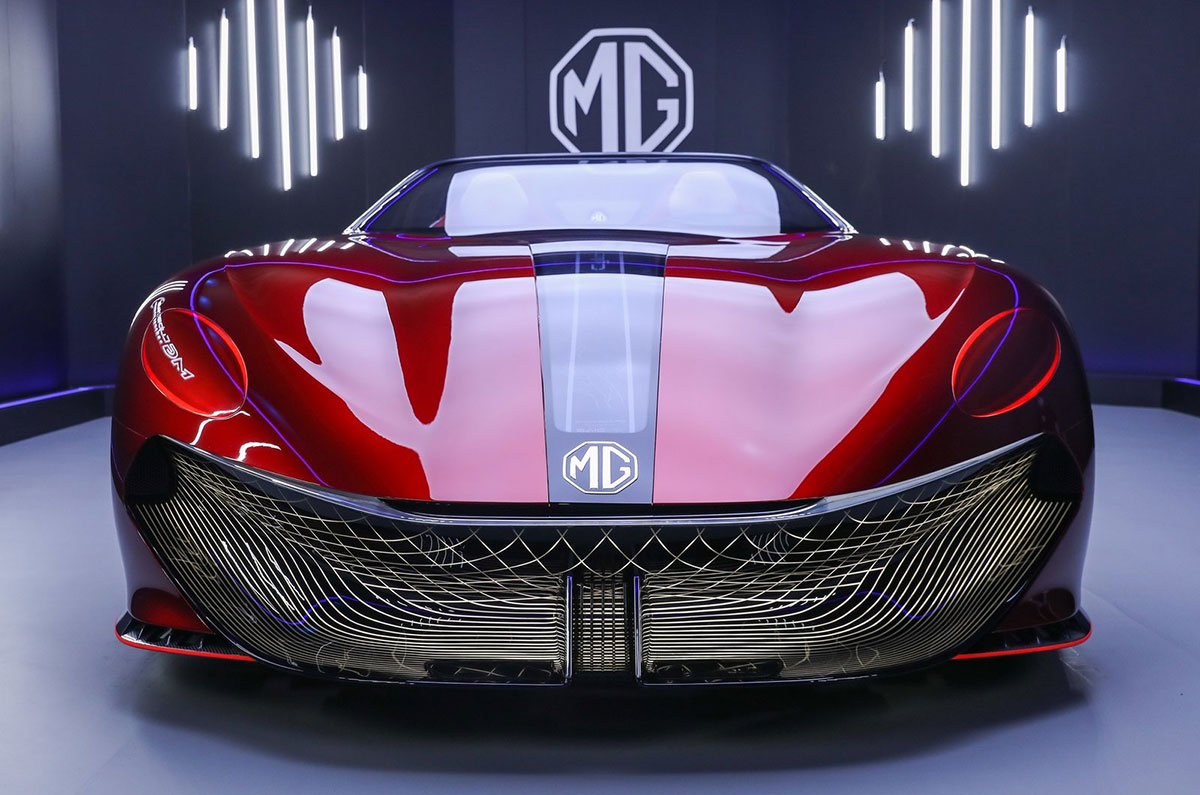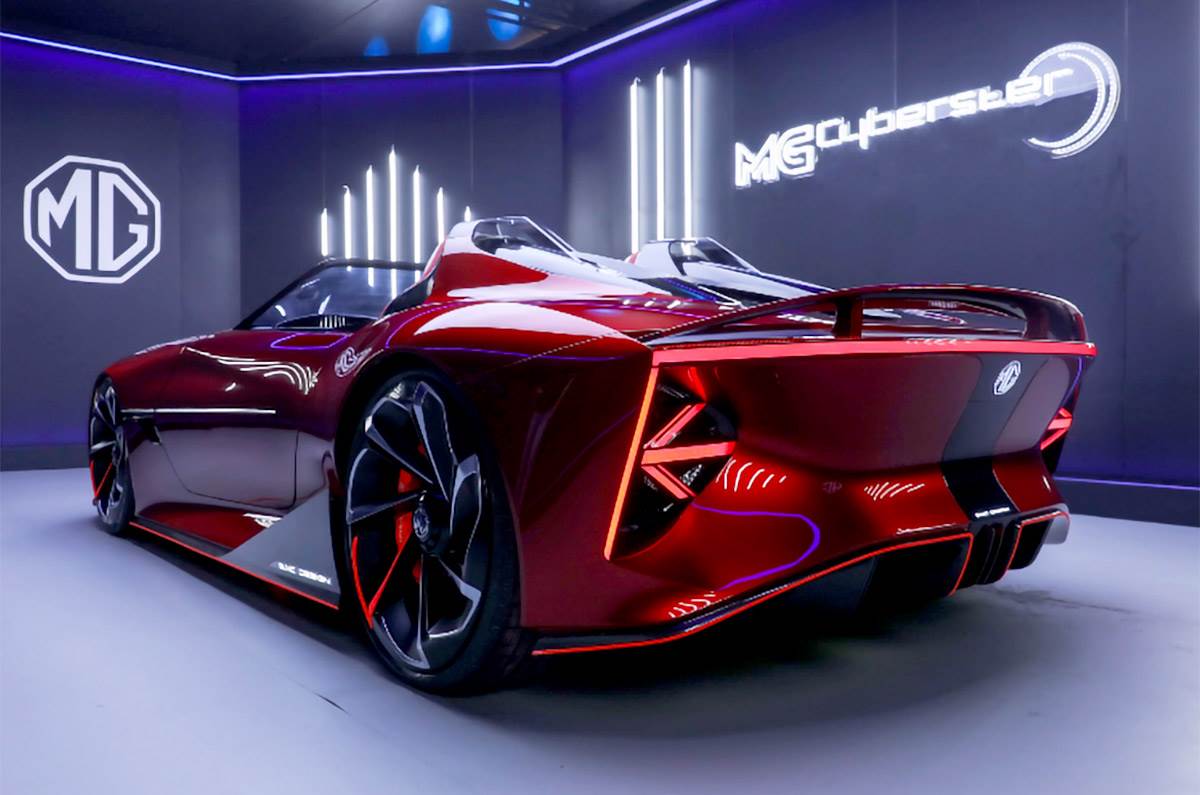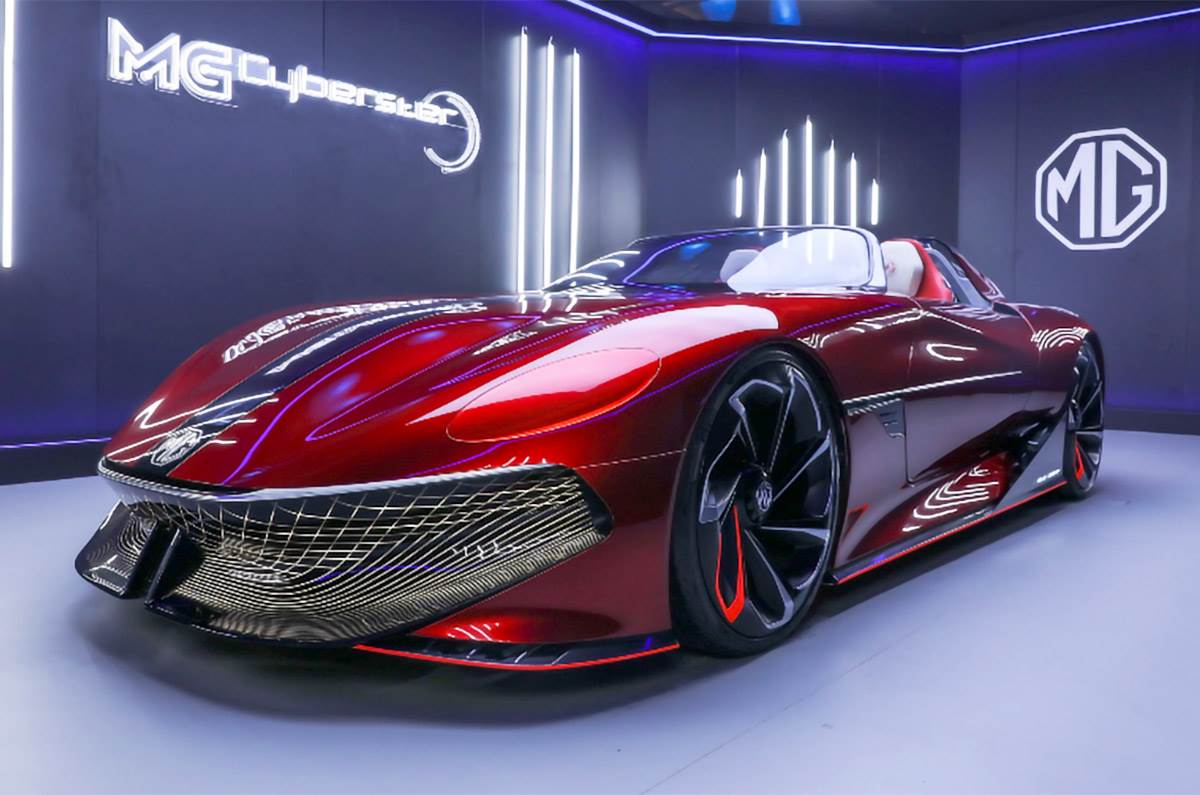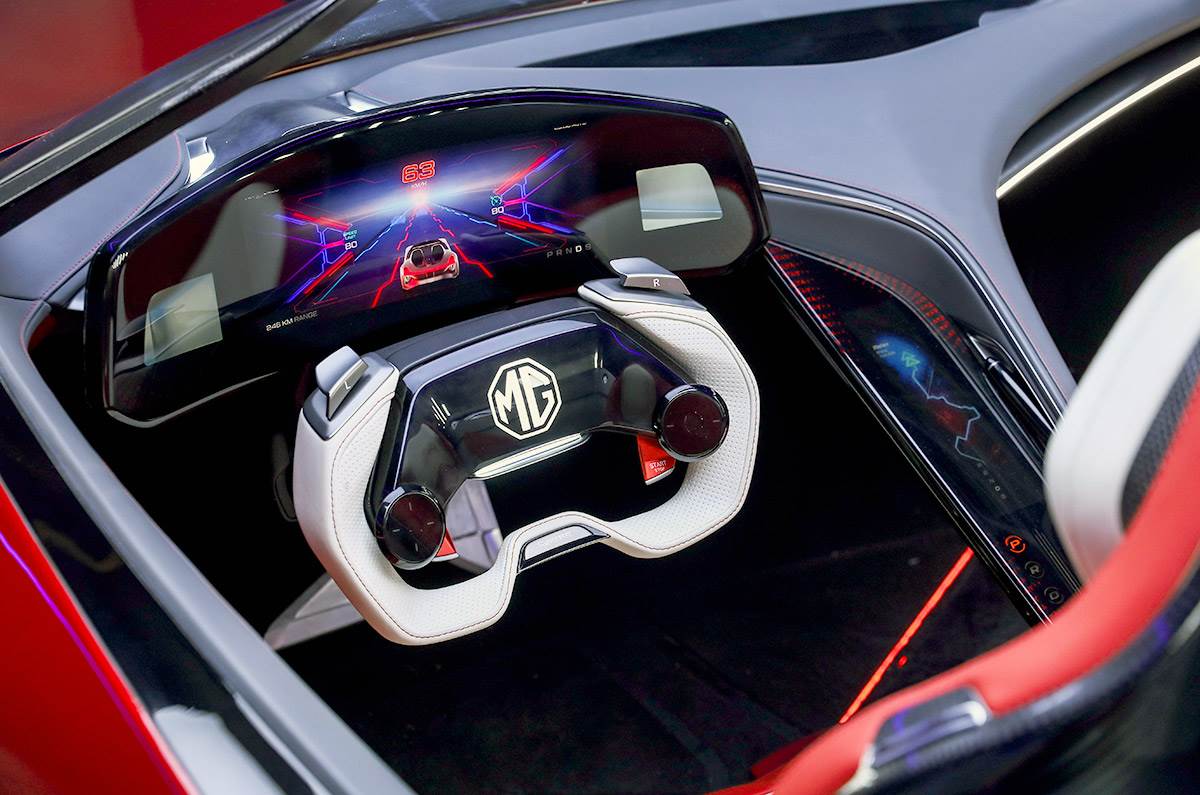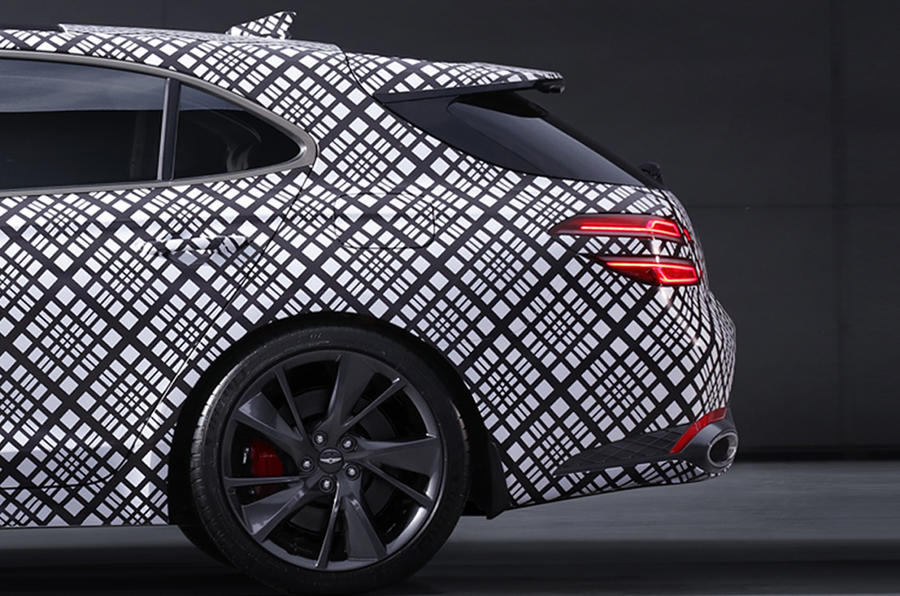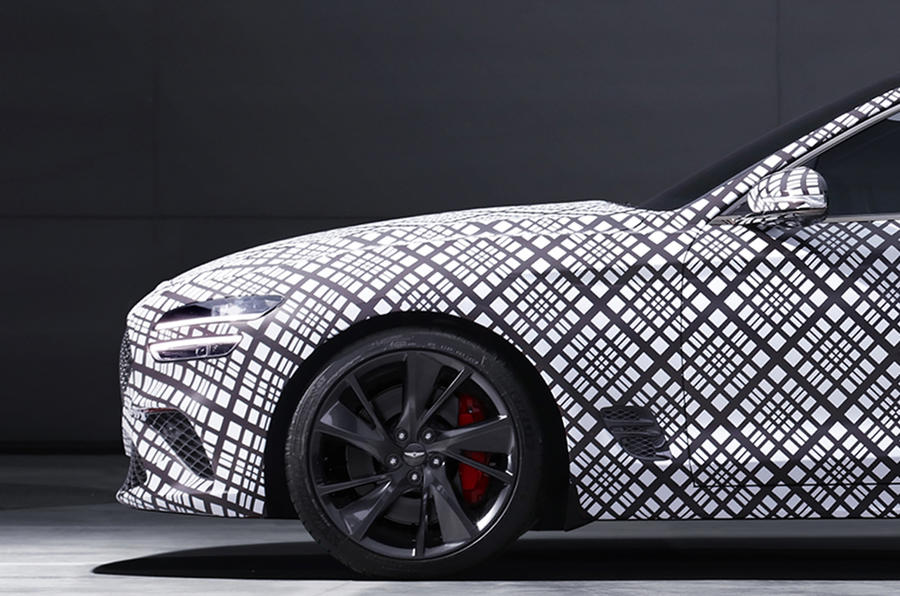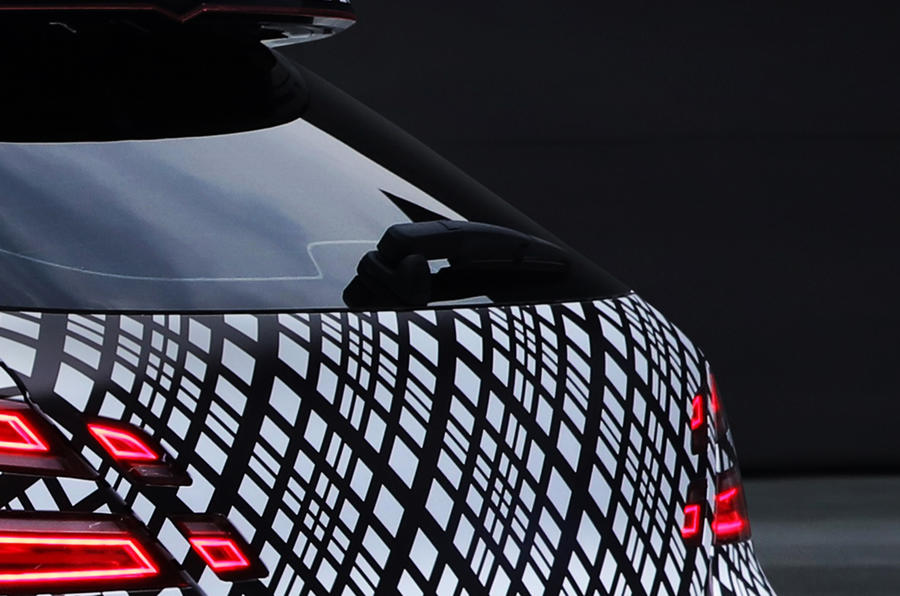With the severe global shortage of semiconductor processing chips showing no signs of easing, the automotive and technology industries the world over will continue to be impacted well into 2022.
- Passenger vehicles typically use around 1,000 semiconductors
- Automotive sector not the biggest market for semiconductor makers
- Carmakers like Toyota wth stocked inventory and those who sourced chips from in-house makers are less impacted
Poor supply of semiconductors – a crucial component that silently powers modern infotainment systems, driver aids and multiple electrical components – has been affecting companies for nearly a year now. The problem stems from the hugely increased demand for personal computers, tablets and smartphones at the height of the COVID-19 pandemic, which largely diverted supply away from the automotive sector.
A passenger vehicle typically uses around 1,000 semiconductors and any slowdown in the supply chain means manufacturing operations can come to a grinding halt. Also, like many countries, India too has an over-reliance on the world’s biggest supplier of microprocessors – Taiwan.
Taiwan, the world’s semiconductor factory
The automotive industry primarily sources its semiconductor chips (microprocessors) from major global players such as NXP Semiconductor, Infineon, Intel, STMicro and Texas Instruments, with most of these chip manufacturers having “overdependence” on just one key producer – Taiwan Semiconductor Manufacturing Company (TSMC) – the world’s largest semiconductor foundry. TSMC is understood to have a manufacturing capacity of around 12 million microchips.
Consequently, with people stuck at home, demand for consumer electronics like laptops, mobile phones as well as back-end Internet data centres went through the roof. “All chip manufacturers like TSMC had to realign their existing stock,” he added.
However, with lockdowns easing towards the second half of 2020 and with vehicle sales clinging on a V-shaped recovery curve, driven largely by the pent-up demand as well as increased need for safer personal transportation, the auto industry was caught unawares. Vehicle manufacturers in the UK, Germany and India faced hardships in maintaining production schedules due to the lack of semiconductor-based electronic components like ECUs, infotainment systems and sensors.
“So the moment the automotive industry’s outlook changed, it was not immediately acceptable to the chip manufacturers simply because in terms of the cycle times, we were talking about 4-6 months, which was not easy. And, this is the reason for the industry’s situation of where it is today,” said Sundaresan.
Carmakers with Just-in-Time workflow take a hit
A little over a decade ago, during the financial crisis of 2008-09, the global automotive industry did learn its lesson and let chip manufacturers maintain reasonable amounts of inventories but barring exceptions like Toyota, this wasn’t done soon enough. “Therefore, even the biggest car manufacturers, who continue to rely on a just-in-time (JIT) concept, have not been able to source the chips during the pandemic,” said Sundaresan.
Some manufacturers are believed to have managed alternative sourcing from semiconductor companies in Japan like Renesas and ROHM Semiconductor, which have their in-house foundries. However, those who kept waiting for the global supply chain to start functioning again smoothly are the ones now witnessing production slowdowns and even plant shutdowns.
According to Sundaresan, the situation has still not stabilised completely. While some manufacturers in India are struggling, the second phase of state-wise lockdowns has somehow helped overcome this situation.
“We are not in a position where we could say that the worst is over (in terms of semiconductor supply), but we are coming to a point where we can certainly say that it is getting better and it is actually much better than what it was in January 2021. However, the problem still persists,” he concluded.
Macro role of microprocessors
Semiconductors form an integral part of a modern-day automobile ranging from passenger cars to buses and even two-wheelers. From driving basic things like digital radio tuners, electronic power steering, and door-and-mirror controls to complex mechanisms such as LED lighting, telematics and V2X communication for ADAS functionalities, these microprocessors are at the core of the vehicle, increasingly transforming it into an electronic-intensive piece of engineering. As vehicles transform into computers on wheels, it is microprocessors and semiconductors that are enabling the transition.
Furthermore, with the growing adoption of electric mobility, these semiconductors are further going to enhance their contribution and become deeply integrated in the neural networks of a vehicle to drive a predominant set of functionalities of what are seemingly the vehicles of the future.












